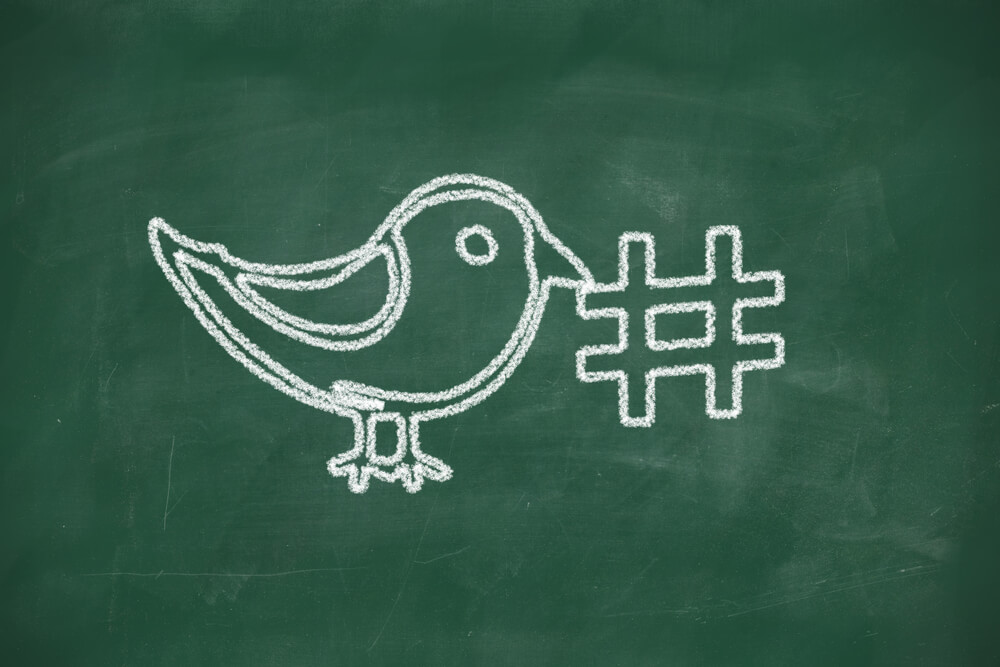LEVERAGING YOUR ONLINE PRESENCE
WHAT IS SOCIAL MEDIA?
Social media are web-based communication platforms that enable people to interact with each other by creating, sharing and consuming information and other forms of expression.
Yes, it’s a broad definition – but keep in mind that social media is a very broad term. This is likely as specific as we can get without zeroing in too much on a more specific subcategory of social media.
The following list of common features are dead giveaways of a social media site.
If you’re questioning whether a particular site could be classified as social or not, try looking for at least one of these features.
User accounts: If a site allows visitors to create their own accounts that they can log into, then that’s a good sign there’s going to be social interaction. You can’t really share information or interact with others online without doing it through a user account.
Profile pages: Since social media is all about communication, a profile page is often necessary to represent an individual. It often includes information about the individual user, like a profile photo, bio, website, feed of recent posts, recommendations, recent activity and more.
Friends, followers, groups, hashtags and so on: Individuals use their accounts to connect with other users. They can also use them to subscribe to certain forms of information.
News feeds: When users connect with other users on social media, they’re basically saying, “I want to get information from these people.” That information is updated for them in real-time via their news feed.
Personalization: Social media sites usually give users the flexibility to configure their user settings, customize their profiles to look a specific way, organize their friends or followers, manage the information they see in their news feeds and even give feedback on what they do or don’t want to see.
Notifications: Any site or app that notifies users about specific information is definitely playing the social media game. Users have total control over these notifications and can choose to receive the types of notifications that they want.
As mentioned earlier, a lot of people use the terms social media and social networking interchangeably as if they mean the exact same thing. Although the difference is subtle, they’re not the same. Social networking is really a subcategory of social media.
The easiest way to understand the difference between social media and social networking is by thinking about the terms “media” and “networking” separately. Media refers to the information you’re actually sharing–whether it’s a link to an article, a video, a PDF document, a simple status update or anything else.
Networking, on the other hand, has to do with who your audience is and the relationships you have with them. Your network can include people like friends, relatives, colleagues, anyone from your past, current customers, mentors and even complete strangers.

Personalization: Social media sites usually give users the flexibility to configure their user settings, customize their profiles to look a specific way, organize their friends or followers, manage the information they see in their news feeds and even give feedback on what they do or don’t want to see.
Notifications: Any site or app that notifies users about specific information is definitely playing the social media game. Users have total control over these notifications and can choose to receive the types of notifications that they want.
As mentioned earlier, a lot of people user the terms social media and social networking interchangeably as if they mean the exact same thing. Although the difference is subtle, they’re not the same. Social networking is really a subcategory of social media.
The easiest way to understand the difference between social media and social networking is by thinking about the terms “media” and “networking” separately. Media refers to the information you’re actually sharing–whether it’s a link to an article, a video, a PDF document, a simple status update or anything else.
Networking, on the other hand, has to do with who your audience is and the relationships you have with them. Your network can include people like friends, relatives, colleagues, anyone from your past, current customers, mentors and even complete strangers.

“According to Statistica.com, in 2016 78% of Americans had a social media profile. They place the number of worldwide social media users now at 1.96 billion and expect this figure to grow to 2.5 billion by 2018.”
